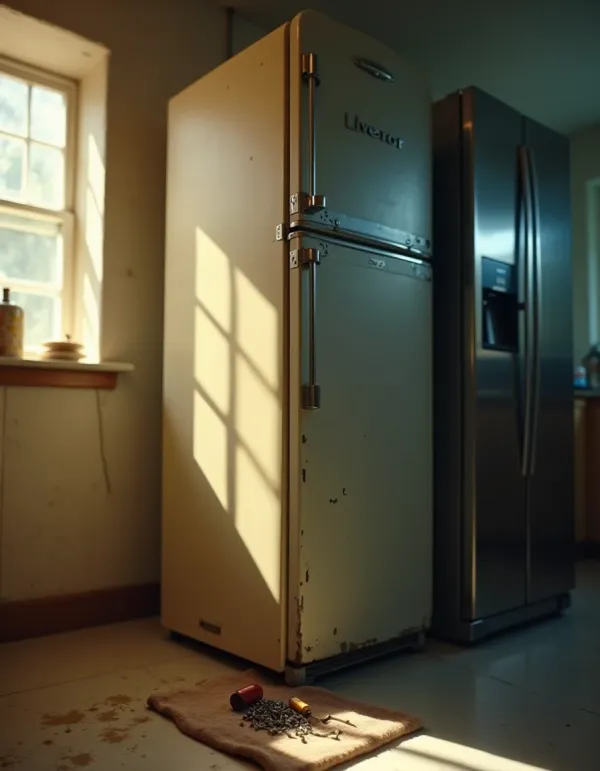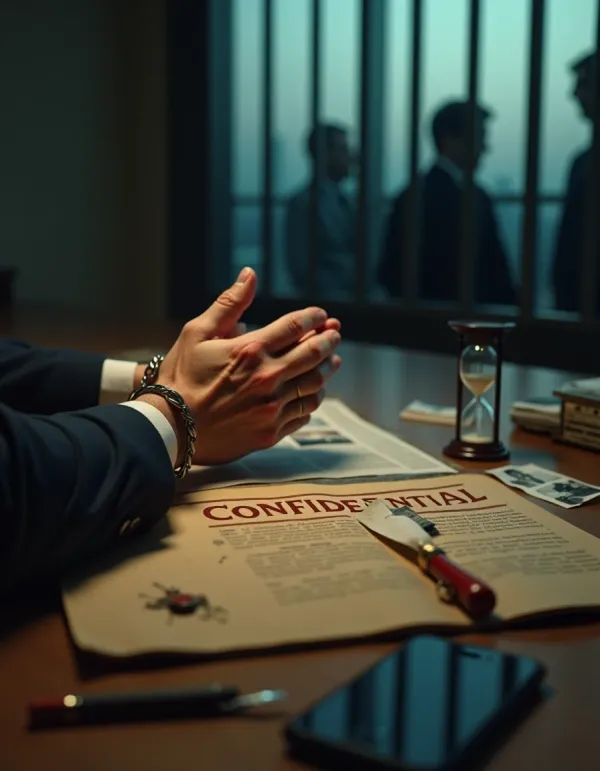Telling Your Partner About Childhood Trauma: How to Navigate This Intimate Conversation
Opening up about childhood trauma can be tough. Discover how to navigate this intimate conversation with your partner and strengthen your bond.

So, You’re Thinking About Opening Up
Have you ever wondered how to approach telling your partner about those deep, personal experiences from your past? Talking about childhood trauma, like being molested, can be incredibly daunting, especially when you’re trying to figure out the right time and way to tell someone you care about.
Your Comfort Zone Matters
To start with, it’s super important to share only what you’re comfortable with. It might seem obvious, but you don't have to dive into every detail if you're not ready. Some suggest taking baby steps, gradually revealing parts of your history in a way that feels safe and manageable for you. Remember, you are in control of this narrative.
Why Talk About It?
Some people ponder why it’s necessary to share something so personal with a partner. It comes down to how much trust you have and what sort of depth you want to achieve in the relationship. According to social penetration theory, relationships thrive on increased breadth and depth of conversation. This theory suggests that as relationships mature, the topics discussed should progressively become more intimate.
Building the Trust Bridge
Think about your relationship so far—have you guys had those heart-to-heart chats? How did your partner react when personal topics came up? If there’s a foundation of trust and understanding, it can make sharing your truths a smoother process. Your partner's reaction can often mirror the quality of the bond you share.
Therapists Are a Great Support
Seeking professional guidance could be another beneficial step. Therapists can offer a safe space to work through the emotions surrounding your experiences and provide strategies for communication. Many mental health services are accessible through insurance, so don’t hesitate to reach out if this feels right for you.
Taking It One Step at a Time
Ultimately, when, where, and how you choose to disclose your past is a deeply personal decision. There’s no right or wrong timeline. What matters most is that you feel supported, whether it’s from your partner, a counselor, or other loved ones. Take your time, and don’t rush sharing your story just because you feel you "should." Your comfort is the priority.
In the end, communicating these personal stories can be a way to strengthen your relationship by fostering a deeper understanding and connection with your partner—so take it at your own pace.




